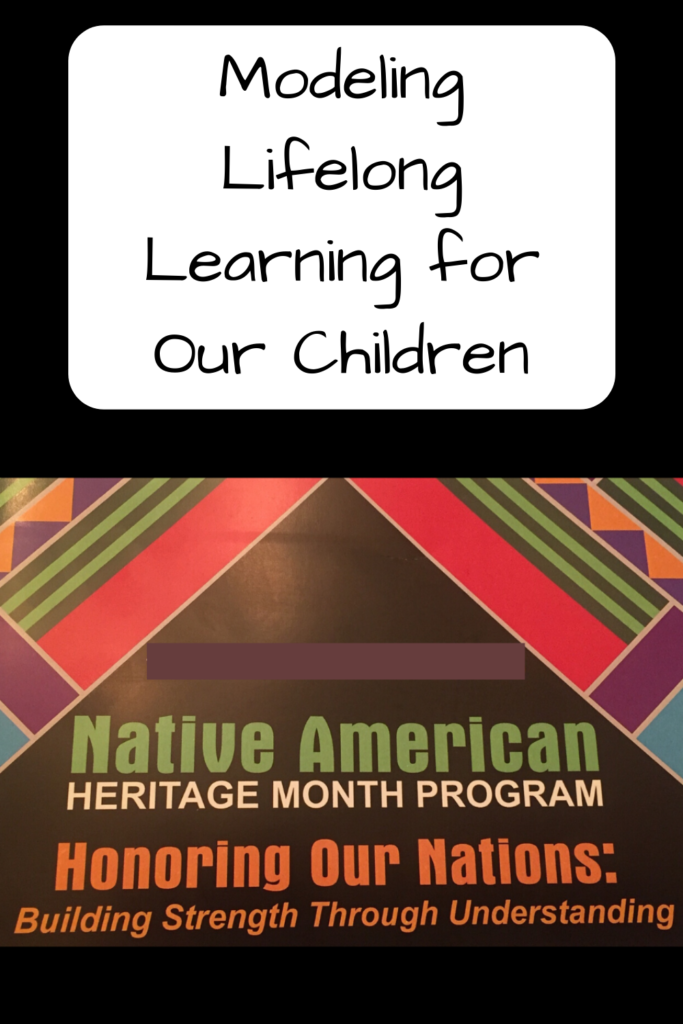
“Hmmm, do I really want to go?” I thought to myself as I read the email invitation to my work’s Native American Heritage Month celebration. “Sometimes these things are good – sometimes they’re really not.” I twisted my mouth in contemplation. “Oh, what the heck,” I finally decided and walked downstairs to the auditorium.
Watching the speakers, I received a crash-course in the history of several different Native American tribes, from historical injustices to their effects on the present day. Each speaker provided information on their tribe, most of which I never knew. A woman from the Pamunkey Tribe spoke about how even though they were a “first contact” tribe with Europeans, the state of Virginia purposely erased their culture and didn’t recognize them as a tribe until 2016. Another speaker described the Dakota Uprising, a revolt against the U.S. government and that resulted in the government carrying out largest execution in U.S. history. Even now, young men from the tribe still memorialize it with an annual run along the path the prisoners walked. The keynote speaker explained how even though he grew up without running water, the Southern Ute tribe has since took over managing their land’s natural resources. That’s helped them become economically successful in the present day. The event finished off with an educator for the Smithsonian National Museum of the American Indian performing a memorial song for Native American women who are war veterans.
When I got home, I had something interesting to share about my day for once. There’s normally only so many ways you can say “I read physics articles, wrote some stuff, and went through a lot of email.” But at dinner, I declared, “I got to do something really cool today! For Native American History Month, I saw a bunch of people talk about their tribes’ histories. And one even performed a song!” I then gave the kids a very abbreviated version of some of the information I learned.
The kids asked, “A song?” We don’t usually have music at work, so that was obviously interesting. I explained that he sang and played a special hand-held drum.
Even though I hesitated to go to the event, I realized afterward that it was about so much more than my personal enjoyment. Telling my kids about going signaled to them that I cared enough to learn about that history and culture. My description demonstrated to them a bit of the diversity and breadth of the modern Native American experience. That will help them have a more caring, inclusive perspective for everyone. Listening to people telling their own stories helped me better understand that perspective better, building my empathy. Learning that information prepared me for challenging conversations with my children about America’s history.
Learning is a lifelong process. But once school is over, it’s often not formal. Instead, it’s about taking these informal, often unplanned opportunities to listen to people share their stories. Marginalized folks are under no obligation to share their stories. But if someone is talking, folks with more privilege – like me – need to listen. Our children see us make those little decisions every day, ranging from who we talk about, what events we go to, and who we learn from. If we want to raise lifelong learners, it starts with us being lifelong learners ourselves.
For more on social justice and parenting, follow us on Facebook!